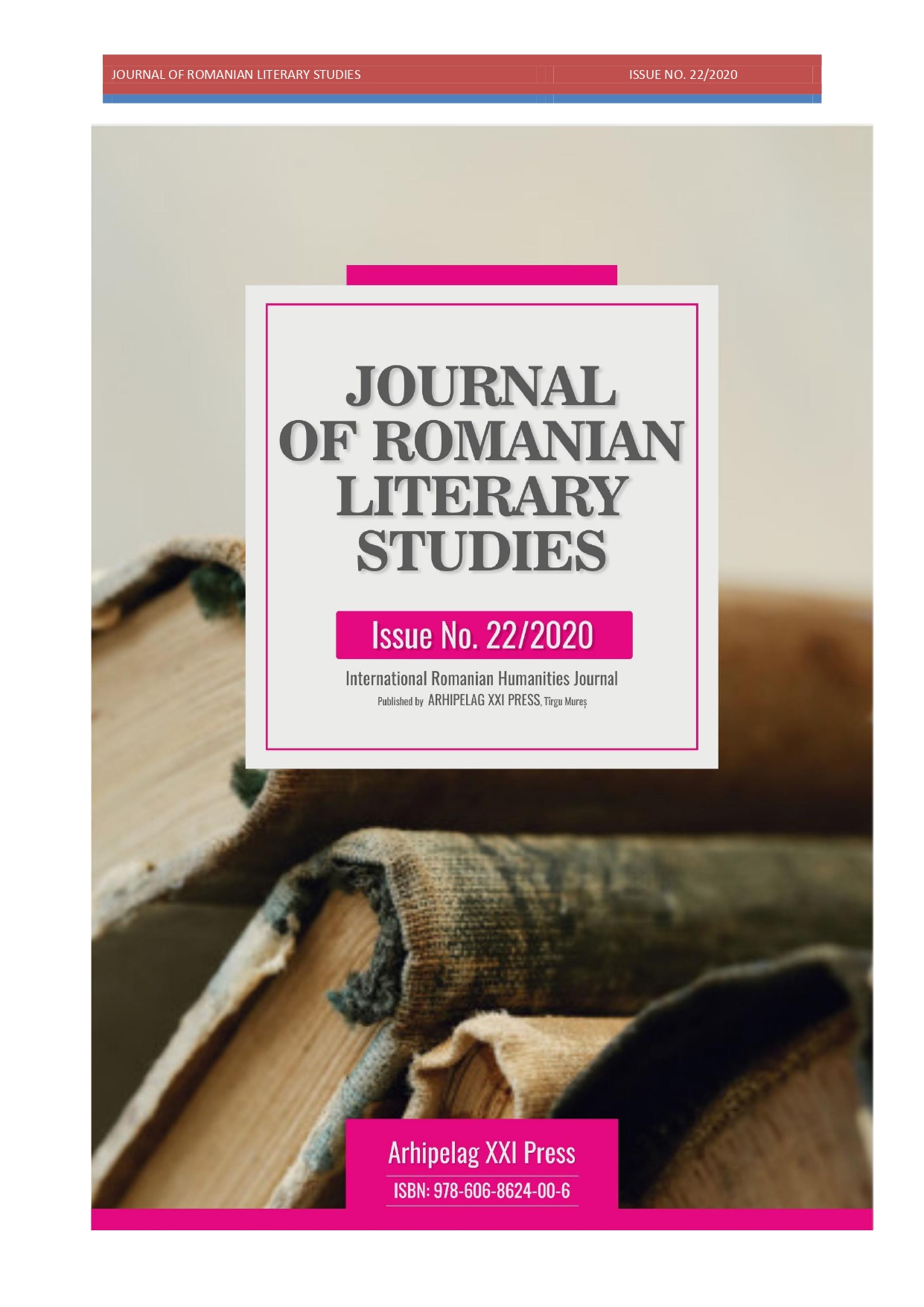ATTITUDINAL ANTHROPOLOGY STUDIES IN HORATIAN`S ODES - "THE THIRD BOOK"
ATTITUDINAL ANTHROPOLOGY STUDIES IN HORATIAN`S ODES - "THE THIRD BOOK"
Author(s): Ștefan Lucian MureșanuSubject(s): Anthropology, Literary Texts, Studies of Literature, History of Philosophy, Philosophical Traditions, Philology, Theory of Literature
Published by: Editura Arhipelag XXI
Keywords: Horace; image; attitudes; Latin; moderation;
Summary/Abstract: Product of the school "of grammatical venerable" Pupillus Orbilius of Rome, Quintus Horatius Flaccus, "not being tied to the old Roman traditions (...) suffered since early youth the influence of Greek culture and became elinophil, as he stood all his life" (Grabar-Passek, 1959:381, vol.I), and through his poetic creation always pleaded for moderation, sobriety, temperance of passions. Since that time the art was influenced by the beautiful made by inspired artists of the world. The aesthetic of beauty was fulfilled by the idea of creating human enjoyment in admiration of the artist's spiritual universe that exists. Its being merged with art, whether we speak of men of letters with free word, with the image of idealized image. Everything was harmonized, eventually, for perfect creation. Horace was born to become eternal, lofty tribune who said: "I hate the profane people, and I keep him away ...”1, not for fear that his speech would not have been so strong, that it can combat the stupidity, but to ignore the hypocrisy. Reading his Odes and generally the whole creation, the reader will observe the actuality of his ideas regarding the anthropological study of character, attitudes, inclinations of those who are immersed in the nothingness of time: "The one who by moving eyebrow moves the world”2, says in one of the Odes of the third book, finding his full expression in the behavior of those who rule the world today. Horace wrote in Latin, but also in Greek, everything found in his study of human being, and the result had a profound effect on the writings of major outlets of Greek orators. Universal through culture, current through his work that he left to posterity, not as a sum of lyrics, but as study of human attitude that has not changed anything in his behavior, the erudite tribune, preserver of traditions of honesty, will be recorded in one of his Odes: "Not extinguish the pain - why, stirring / envy, I would build a splendid atrium, / fashionable? Why would I give / On a heavy luxury my valley" (The Choir of Virgins and Youngsters, 1961:57).
Journal: Journal of Romanian Literary Studies
- Issue Year: 2020
- Issue No: 22
- Page Range: 60-68
- Page Count: 9
- Language: English

